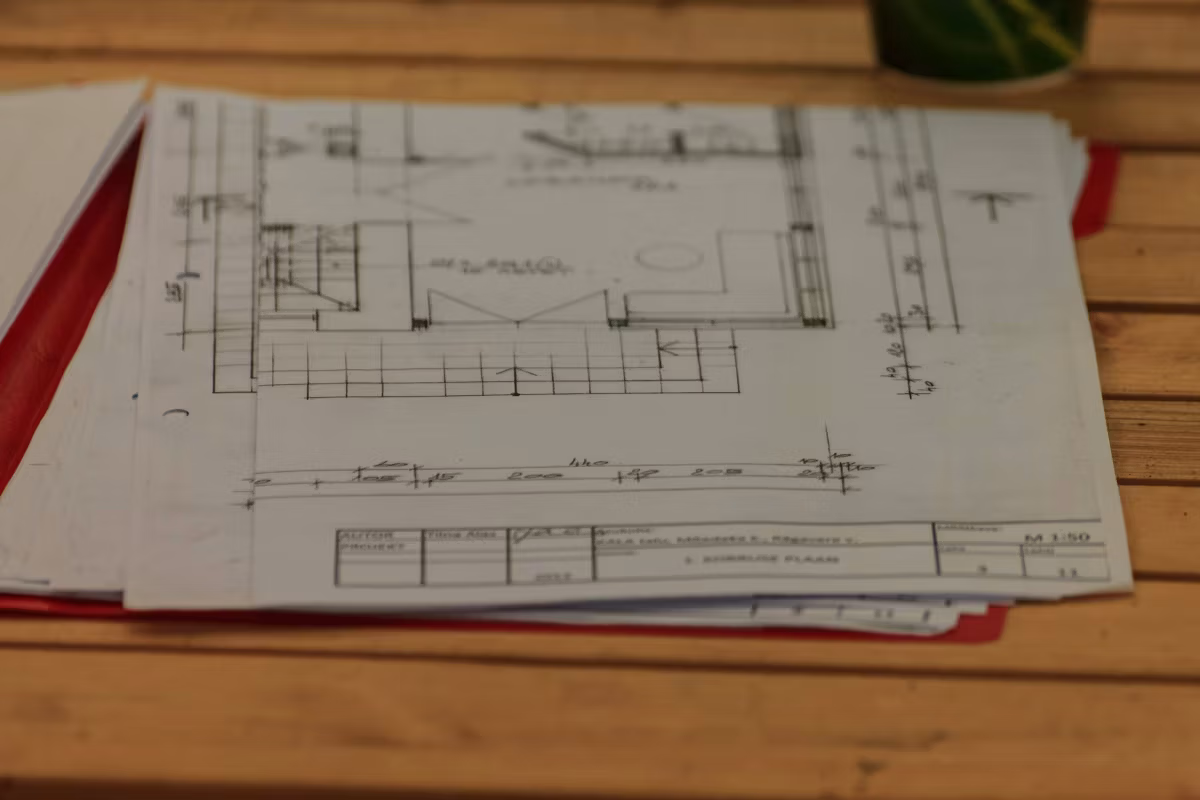When embarking on a construction or renovation project, it’s crucial to understand the legal requirements that come with it. One of the most important obligations is obtaining the necessary permits. However, what happens if a contractor fails to pull these permits? Can you sue a contractor for not pulling permits? This article will delve into the legalities surrounding this issue, particularly within the context of Colorado law, and provide a comprehensive guide for homeowners and property owners.
Understanding Building Permits
Building permits are official approvals issued by local government agencies that allow you or your contractor to proceed with a construction or remodeling project. They are essential for ensuring that the work complies with local standards for land use, zoning, and construction. These permits help safeguard public health, safety, and welfare by ensuring that construction work adheres to established building codes.
The Contractor’s Responsibility
Typically, it is the contractor’s responsibility to obtain the necessary permits for a construction project. This process includes:
Assessing the Project: Determining which permits are required based on the scope and nature of the work.
Submitting Plans: Providing detailed plans and specifications to the local building department.
Paying Fees: Covering the cost associated with obtaining the permits.
Scheduling Inspections: Ensuring that the work is inspected at various stages to confirm compliance with building codes.
Failing to pull the necessary permits can have significant consequences, both legally and practically.
Legal Implications in Colorado
In Colorado, as in many other states, building codes and permit requirements are enforced at the local level. Each municipality or county may have its own specific regulations. However, the overarching principle remains the same: any significant construction work requires appropriate permits.
When a contractor fails to obtain the necessary permits, several legal consequences can arise:
Code Violations: Unpermitted work is often a violation of local building codes, which can result in fines and penalties.
Work Stoppages: Inspectors can issue stop-work orders, halting the project until the proper permits are obtained.
Liability: Contractors may be held liable for any defects or damages resulting from unpermitted work.
Disciplinary Action: Contractors licensed in Colorado may face disciplinary action from the Colorado State Electrical Board, Colorado Plumbing Board, or other relevant licensing bodies.
Can You Sue a Contractor for Not Pulling Permits?
If a contractor fails to pull the necessary permits, homeowners have several legal options to consider:
1. Breach of Contract
Most construction contracts specify that the contractor will obtain all necessary permits. Failing to do so constitutes a breach of contract. Homeowners can sue the contractor for breach of contract and seek damages, which may include:
Cost of Permits: Any costs associated with obtaining the permits after the fact.
Repair Costs: Expenses incurred to bring the work up to code.
Delay Damages: Financial losses resulting from project delays.
2. Fraud and Misrepresentation
If a contractor knowingly misleads a homeowner into believing that permits were obtained when they were not, this could constitute fraud or misrepresentation. In such cases, homeowners can sue for:
Punitive Damages: In addition to actual damages, courts may award punitive damages to punish the contractor for fraudulent behavior.
Rescission: Homeowners may be able to void the contract and recover any money paid to the contractor.
3. Negligence
Contractors have a duty of care to perform work according to industry standards and legal requirements. Failing to obtain necessary permits can be considered negligence. Homeowners can sue for negligence and seek compensation for:
Property Damage: Any damage caused by unpermitted work.
Injuries: Harm caused by unsafe construction practices.
Steps to Take if Your Contractor Didn’t Pull Permits
If you discover that your contractor failed to obtain the necessary permits, here are steps you should consider:
Stop Work Immediately: Avoid proceeding with any further construction until the issue is resolved.
Document Everything: Keep detailed records of all communications with the contractor, including emails, text messages, and written correspondence.
Consult Local Authorities: Contact your local building department to understand the specific permits required and the process for obtaining them retroactively.
Hire an Attorney: Consult with an attorney who specializes in construction law to understand your legal rights and options.
Preventative Measures
To avoid issues related to unpermitted work, consider the following preventative measures:
Verify Licenses and Permits: Before hiring a contractor, verify their license and ask for proof that they have obtained the necessary permits.
Include Permit Requirements in Contracts: Clearly outline in the contract that the contractor is responsible for obtaining all necessary permits.
Stay Informed: Familiarize yourself with the local building codes and permit requirements for your project.
Conclusion
In Colorado, and indeed in many other jurisdictions, obtaining the necessary permits for construction work is not merely a bureaucratic formality but a legal requirement designed to ensure safety and compliance with building standards. When a contractor fails to pull these permits, it opens the door to a range of legal issues, from fines and work stoppages to potential lawsuits for breach of contract, fraud, and negligence.
Homeowners have the right to expect that their contractors will adhere to these legal requirements and can seek legal recourse if they do not. By taking proactive measures, such as verifying permits and including clear terms in contracts, homeowners can protect themselves from the complications that arise from unpermitted work.
If you find yourself in a situation where your contractor has not obtained the necessary permits, it is crucial to act swiftly and seek legal advice to mitigate any potential damages. By understanding your rights and the legal landscape, you can navigate these challenges effectively and ensure that your construction project meets all regulatory standards.
Have Questions About Contractor Disputes?
Our experienced construction defect attorneys are here to help. Schedule a free 15-minute screening call to discuss your situation.

